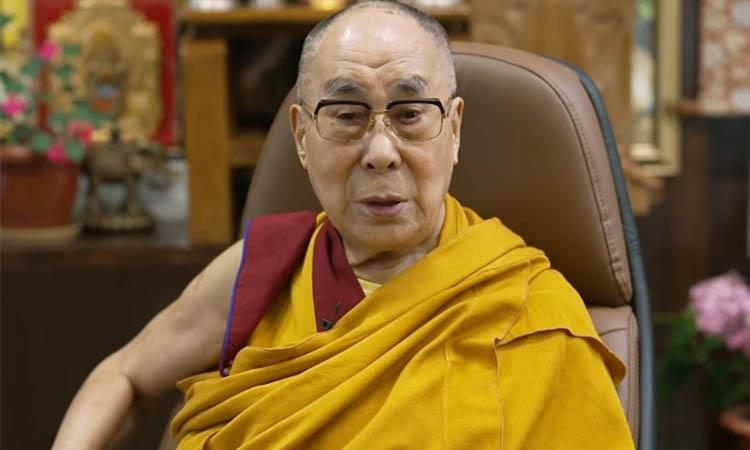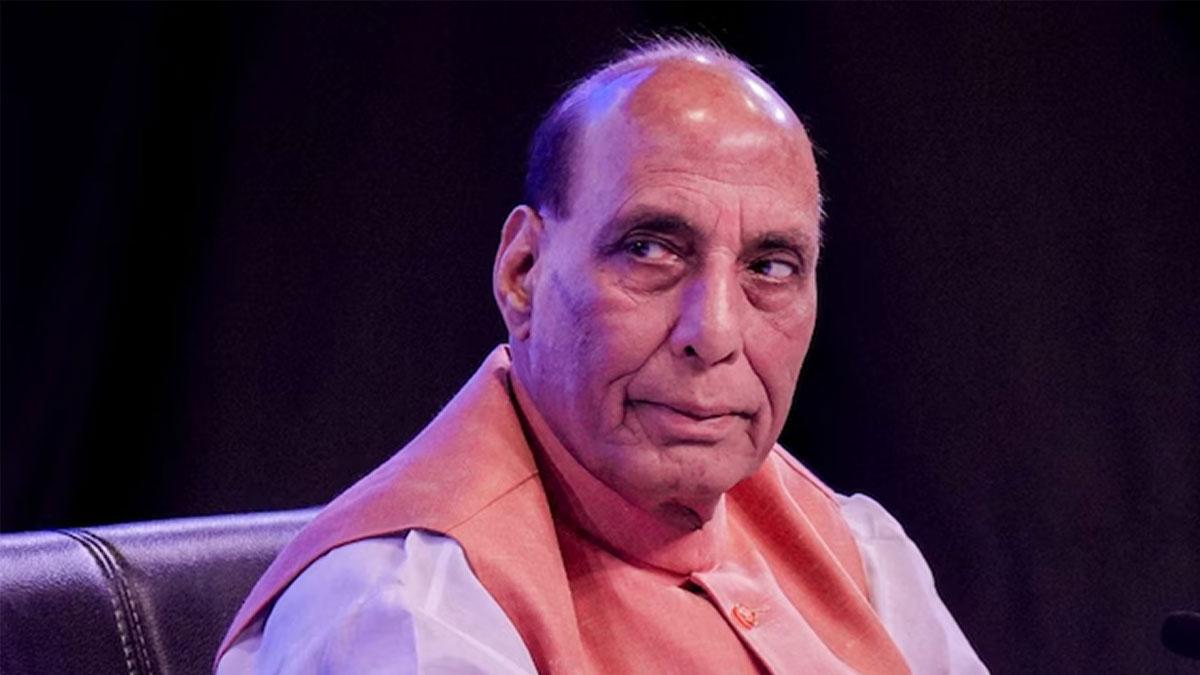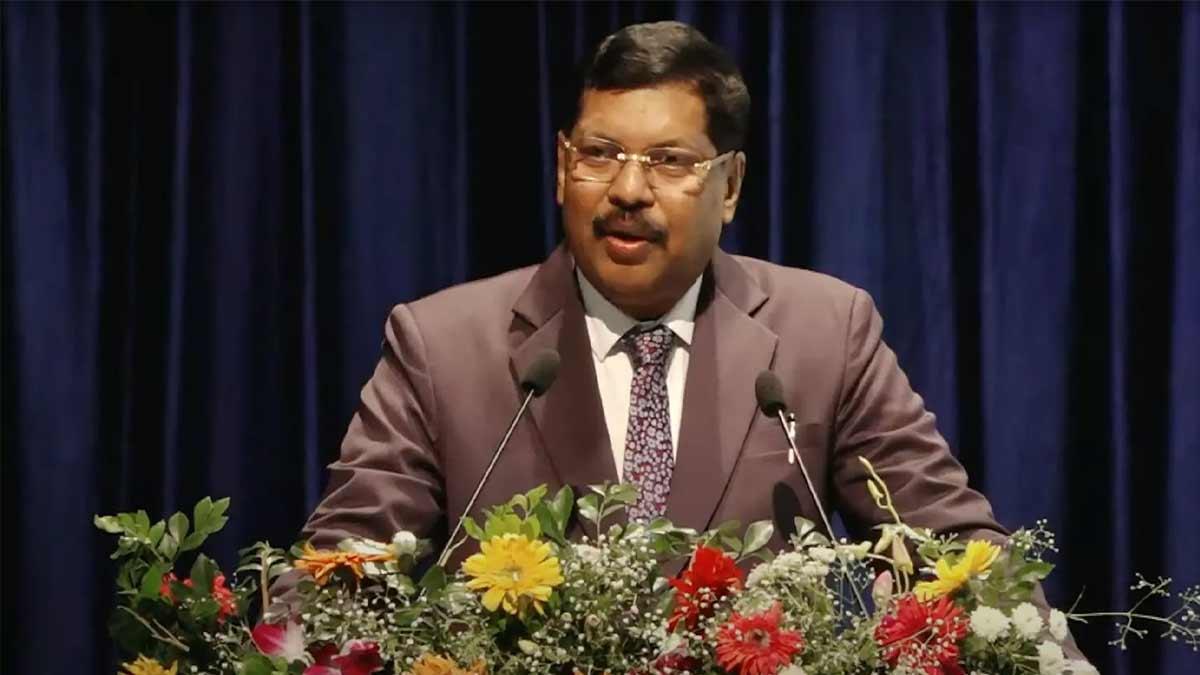Tibetan spiritual leader the Dalai Lama said religious freedom was actually an expression of freedom of thought and gave a call for people of faith and nonbelievers alike to "be kind, honest and truthful" -- the shared values of all faiths despite their differences.
"Theistic traditions believe in a creator, whereas non-theistic traditions like Jainism, Buddhism and so on, follow a different line of reasoning. But the message they have in common is to be kind, honest, and truthful," the spiritual leader said in a video message at the closing day of an International Religious Freedom (IRF) Summit in Washington on Thursday.
"Nowadays we can make a distinction between the structure of religious belief and observance of values that are the essence of religion -- honesty and warm-heartedness. Even (religious) non-believers need to be honest and truthful.
"These days, I emphasize that we need to understand that the entire seven billion human beings (alive today) are the same. We need to appreciate the oneness of humanity and respect and help each other. Even non-believers will find these attitudes relevant," he said.
The three-day IRF summit, which concluded on Thursday, addressed religious persecution around the world, with focus on China's targeting of Muslim Uyghurs in the Xinjiang Uyghur Autonomous Region.
The Dalai Lama said, "We human beings, unlike other animals, have a very sharp intelligence. We also have an ability to imagine the future. This is the context in which our various religious traditions developed. So, religious freedom is actually an expression of freedom of thought."
"Our various religious traditions have different philosophies and different practices, but all carry the same message -- a message of love, forgiveness, contentment, and self-discipline. Even for those with no faith, these qualities -- contentment, self-discipline and thinking more of others than yourself -- are very relevant."
The Nobel Peace Laureate said, "In the past, and unfortunately even today, religions have been manipulated for political reasons, or out of concern for power, leading to fighting among some of their followers. We should leave such thoughts in the past."
The Buddhist monk, who along with many of his supporters fled the Himalayan homeland and took refuge in India when Chinese troops moved in and took control of Lhasa in 1959, is the leading spiritual figure bringing Buddhist teachings to the international community.
He lives in exile along with some 1,40,000 Tibetans, over 1,00,000 of them in India. Over six million Tibetans live in Tibet.
The Tibetan exile administration, known as the Central Tibetan Administration and headed by democratically elected Penpa Tsering, is based in this northern Indian hill town.
ALSO READ | Skill, reskill and upskill: Modi's strategic call for 'Aatmanirbhar Bharat'


















